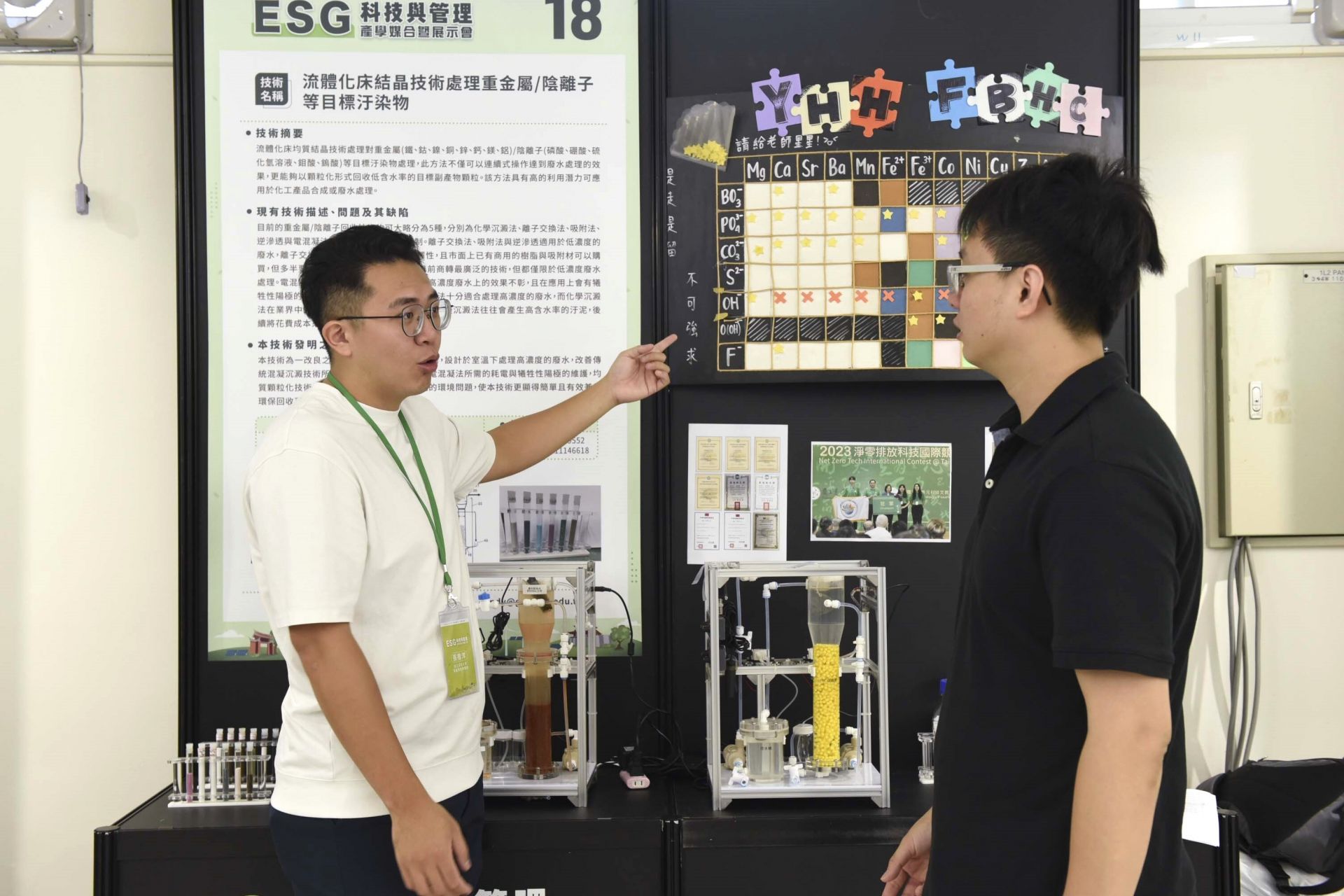SDG7
Professor Hsi-Sheng Teng was honored with the 21st Y. Z. Science and Technology Lecture for the "Green Technology" award.
The 21st Y. Z. Science and Technology Awards, organized by the Yu-Ziang Hsu Foundation, recently announced its list of winners. Professor Hsi-Sheng Teng (Scopus), the Chair Professor of the Department of Chemical Engineering at NCKU, was recognized for his outstanding professional knowledge and research achievements. He was honored with the "Y. Z. Science and Technology Lecture - Green Technology" award and will receive an annual appointment letter in both Chinese and English, a trophy, and an honorary prize of NT$1 million.
Professor Teng has devoted his career to the development of green technology. His research areas include activated carbon wastewater treatment, supercapacitor energy storage, dye-sensitized solar cells, photocatalytic water splitting for hydrogen production, and lithium-ion batteries, with a particular focus on energy storage and generation. In the field of energy storage, Professor Teng's research mainly focuses on batteries and capacitors, making him one of the pioneers in solid-state battery research. Currently, he serves as the academic convener for the Taiwan-Germany Battery Collaboration Project, jointly organized by the Ministry of Science and Technology of Taiwan and the Ministry of Education and Research of Germany, responsible for planning Taiwan's research direction in energy storage. The goal is to harness battery energy storage technology in the development of renewable energy, green grids, and electric vehicles, making batteries a star industry in Taiwan's green technology sector.
In the field of energy generation, Professor Teng is also a pioneering scholar in the production of hydrogen fuel using graphene photocatalysts. He has achieved a quantum efficiency of 30% (at 420 nm) in the conversion of photons into hydrogen molecules, garnering global attention. In recent years, he has published several important articles on photocatalytic energy production (electricity/hydrogen) in various international journals and is currently fully committed to researching the conversion of biomass into hydrogen energy.
Professor Teng has made many breakthrough achievements in academic research and industrial contributions. He has demonstrated outstanding performance in leading teams to execute national, industry-academia collaboration, and international cooperation projects. This includes serving as the convener of the chemical engineering discipline under the Ministry of Science and Technology, enhancing the research capacity of chemical engineering, and planning research directions for the high-value transformation of the petrochemical industry and shale gas development towards green energy. He has also led the National Science and Technology Council's (NSTC) energy project, "Development of Key Technologies for High Conductivity Lithium-ion Battery Solid Electrolytes (2017-2018)", focusing on the development of all-solid-state batteries to improve battery safety and lifespan. Furthermore, he has led the NSTC's Green Energy Technology Collaborative Research and Development Project, "Application of High Ionic Conductivity All-solid and Gel Electrolytes in Lithium Batteries (2019-2020)", collaborating with the industry to develop solid-state battery materials. In addition, he has collaborated with China Steel Corporation and Taiwan Oil Company on industry-academia cooperation projects to assist in the transformation of coal tar and petroleum asphalt into high-value-added supercapacitor electrode materials, yielding fruitful results.
Professor Teng expressed that this award is a positive encouragement and support for him. He will continue to devote himself to research and innovation in green technology, hoping to make further contributions to renewable energy and sustainable development.
The Y. Z. Hsu Foundation has been hosting the Y. Z. Science and Technology Awards annually since 2002, aiming to promote technological development, academic research, and commend and cultivate talents in scientific research and development. Through these awards, they hope to inspire more technological innovations. The event comprises two categories: the "Y. Z. Science and Technology Lecture" and the "Y. Z. Science and Technology Paper Award". The "Y. Z. Science and Technology Lecture" consists of five categories, including Nanotechnology, Information and Communication Technology, Optoelectronics, Biotechnology and Medicine, and Green Technology, each producing one winner. The "Y. Z. Science and Technology Paper Award" covers six categories: Nanotechnology, Information and Communication Technology, Optoelectronics, Biotechnology and Medicine, Green Technology, and Artificial Intelligence, with two winners in each category. Professor Deng from the Department of Chemical Engineering at NCKU was honored with the "Y. Z. Science and Technology Lecture - Green Technology" award in this edition."
Professor Teng has devoted his career to the development of green technology. His research areas include activated carbon wastewater treatment, supercapacitor energy storage, dye-sensitized solar cells, photocatalytic water splitting for hydrogen production, and lithium-ion batteries, with a particular focus on energy storage and generation. In the field of energy storage, Professor Teng's research mainly focuses on batteries and capacitors, making him one of the pioneers in solid-state battery research. Currently, he serves as the academic convener for the Taiwan-Germany Battery Collaboration Project, jointly organized by the Ministry of Science and Technology of Taiwan and the Ministry of Education and Research of Germany, responsible for planning Taiwan's research direction in energy storage. The goal is to harness battery energy storage technology in the development of renewable energy, green grids, and electric vehicles, making batteries a star industry in Taiwan's green technology sector.
In the field of energy generation, Professor Teng is also a pioneering scholar in the production of hydrogen fuel using graphene photocatalysts. He has achieved a quantum efficiency of 30% (at 420 nm) in the conversion of photons into hydrogen molecules, garnering global attention. In recent years, he has published several important articles on photocatalytic energy production (electricity/hydrogen) in various international journals and is currently fully committed to researching the conversion of biomass into hydrogen energy.
Professor Teng has made many breakthrough achievements in academic research and industrial contributions. He has demonstrated outstanding performance in leading teams to execute national, industry-academia collaboration, and international cooperation projects. This includes serving as the convener of the chemical engineering discipline under the Ministry of Science and Technology, enhancing the research capacity of chemical engineering, and planning research directions for the high-value transformation of the petrochemical industry and shale gas development towards green energy. He has also led the National Science and Technology Council's (NSTC) energy project, "Development of Key Technologies for High Conductivity Lithium-ion Battery Solid Electrolytes (2017-2018)", focusing on the development of all-solid-state batteries to improve battery safety and lifespan. Furthermore, he has led the NSTC's Green Energy Technology Collaborative Research and Development Project, "Application of High Ionic Conductivity All-solid and Gel Electrolytes in Lithium Batteries (2019-2020)", collaborating with the industry to develop solid-state battery materials. In addition, he has collaborated with China Steel Corporation and Taiwan Oil Company on industry-academia cooperation projects to assist in the transformation of coal tar and petroleum asphalt into high-value-added supercapacitor electrode materials, yielding fruitful results.
Professor Teng expressed that this award is a positive encouragement and support for him. He will continue to devote himself to research and innovation in green technology, hoping to make further contributions to renewable energy and sustainable development.
The Y. Z. Hsu Foundation has been hosting the Y. Z. Science and Technology Awards annually since 2002, aiming to promote technological development, academic research, and commend and cultivate talents in scientific research and development. Through these awards, they hope to inspire more technological innovations. The event comprises two categories: the "Y. Z. Science and Technology Lecture" and the "Y. Z. Science and Technology Paper Award". The "Y. Z. Science and Technology Lecture" consists of five categories, including Nanotechnology, Information and Communication Technology, Optoelectronics, Biotechnology and Medicine, and Green Technology, each producing one winner. The "Y. Z. Science and Technology Paper Award" covers six categories: Nanotechnology, Information and Communication Technology, Optoelectronics, Biotechnology and Medicine, Green Technology, and Artificial Intelligence, with two winners in each category. Professor Deng from the Department of Chemical Engineering at NCKU was honored with the "Y. Z. Science and Technology Lecture - Green Technology" award in this edition."
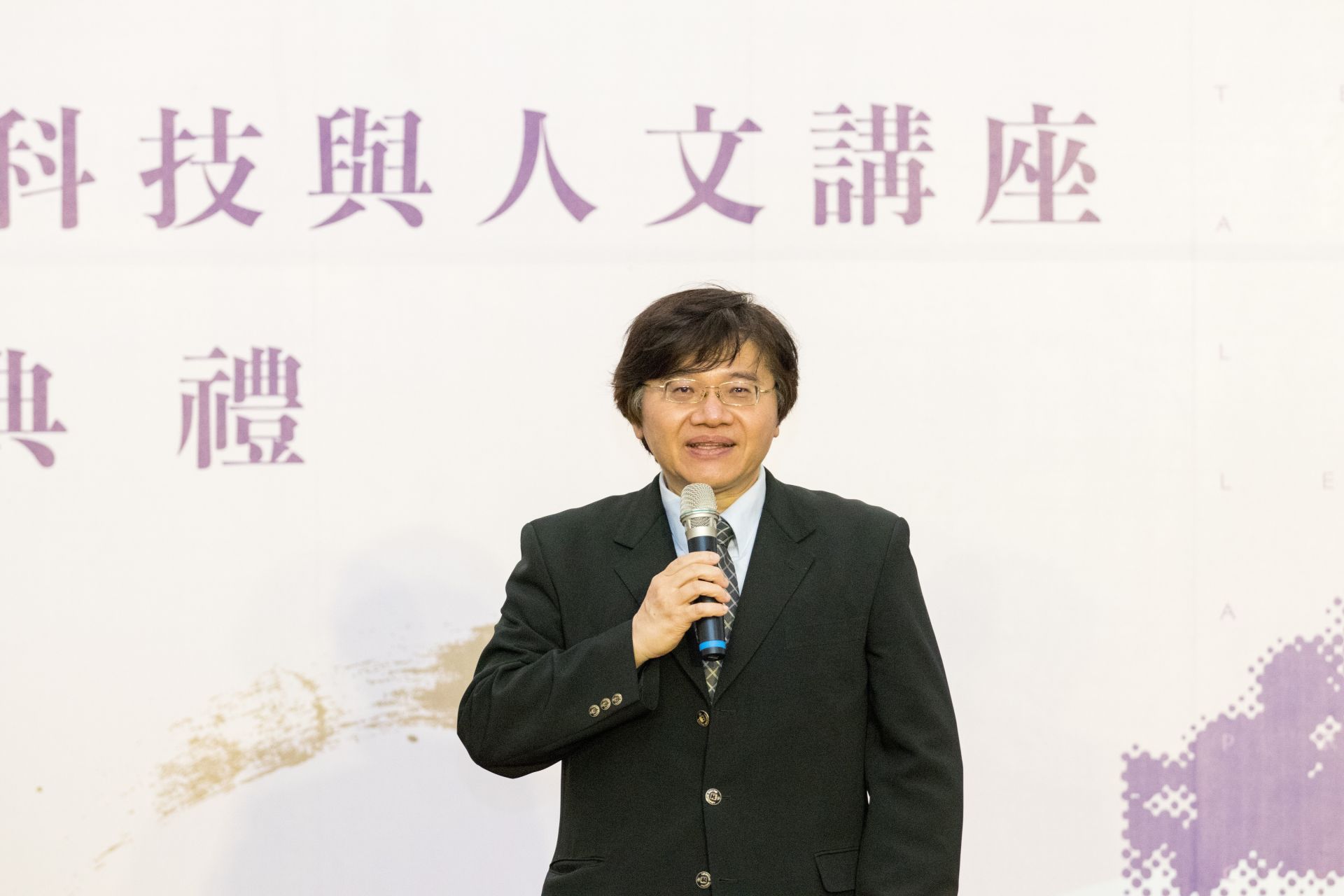
Professor Teng from NCKU has been honored with the "Green Technology" award at the 21st Y. Z. Science and Technology Lecture."
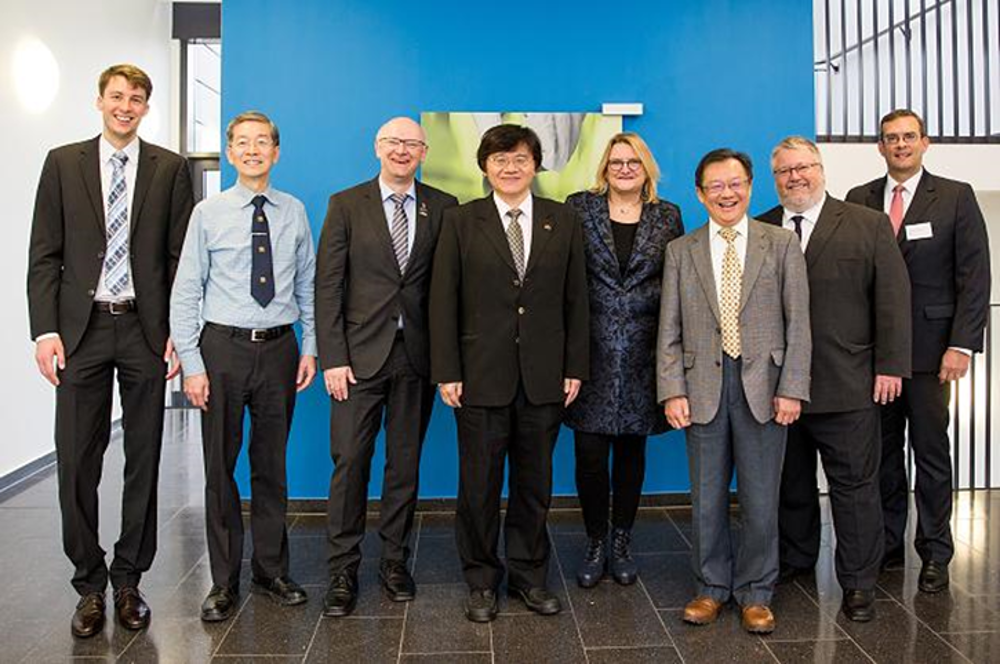
Professor Teng attends the Taiwan-Germany Battery Research Project press conference at the University of Münster in Germany.
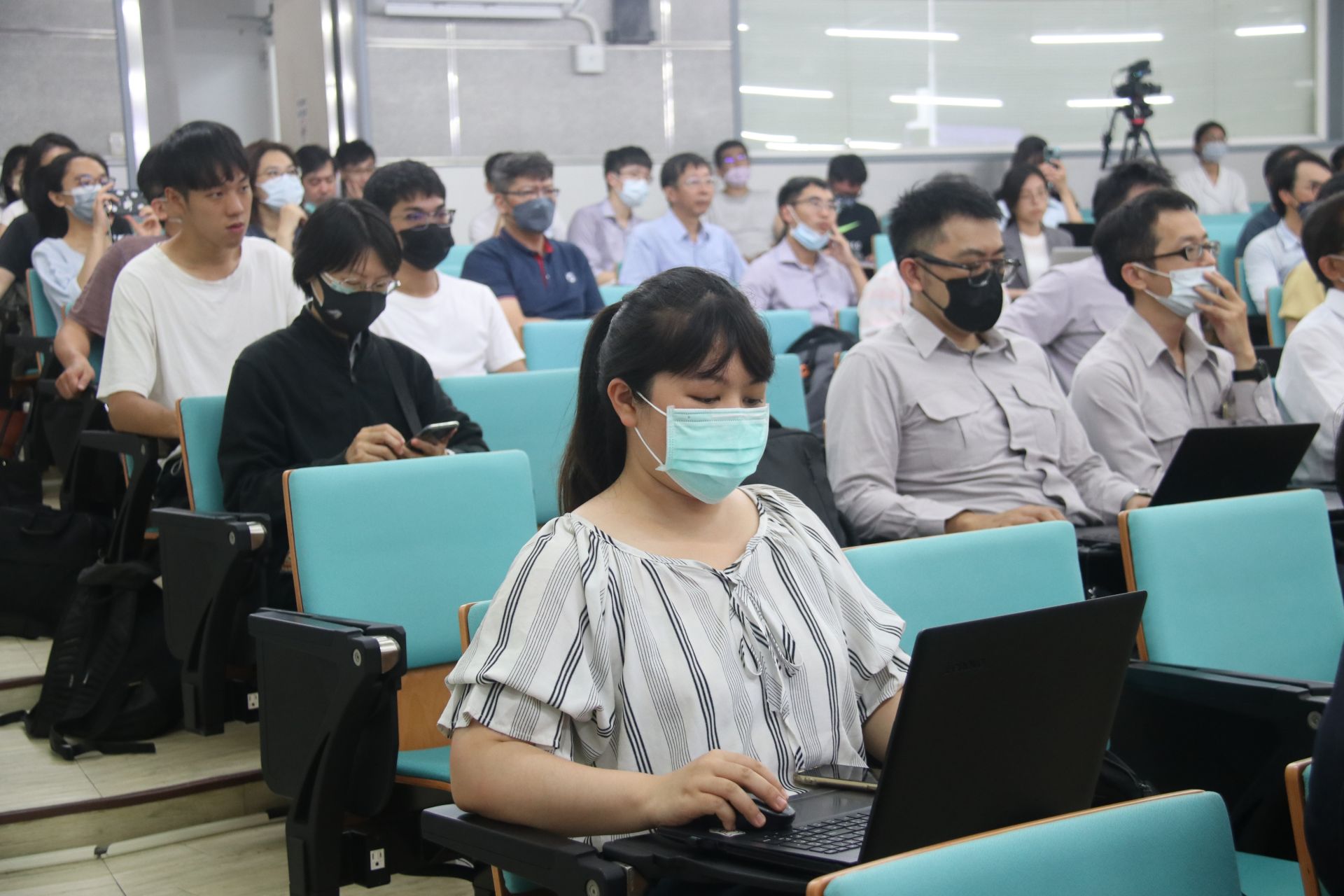
SDG7Transitioning High Carbon Emission Industries into Green Solutions: NCKU's Chemical Engineering Dept. towards the Net-Zero Era
View more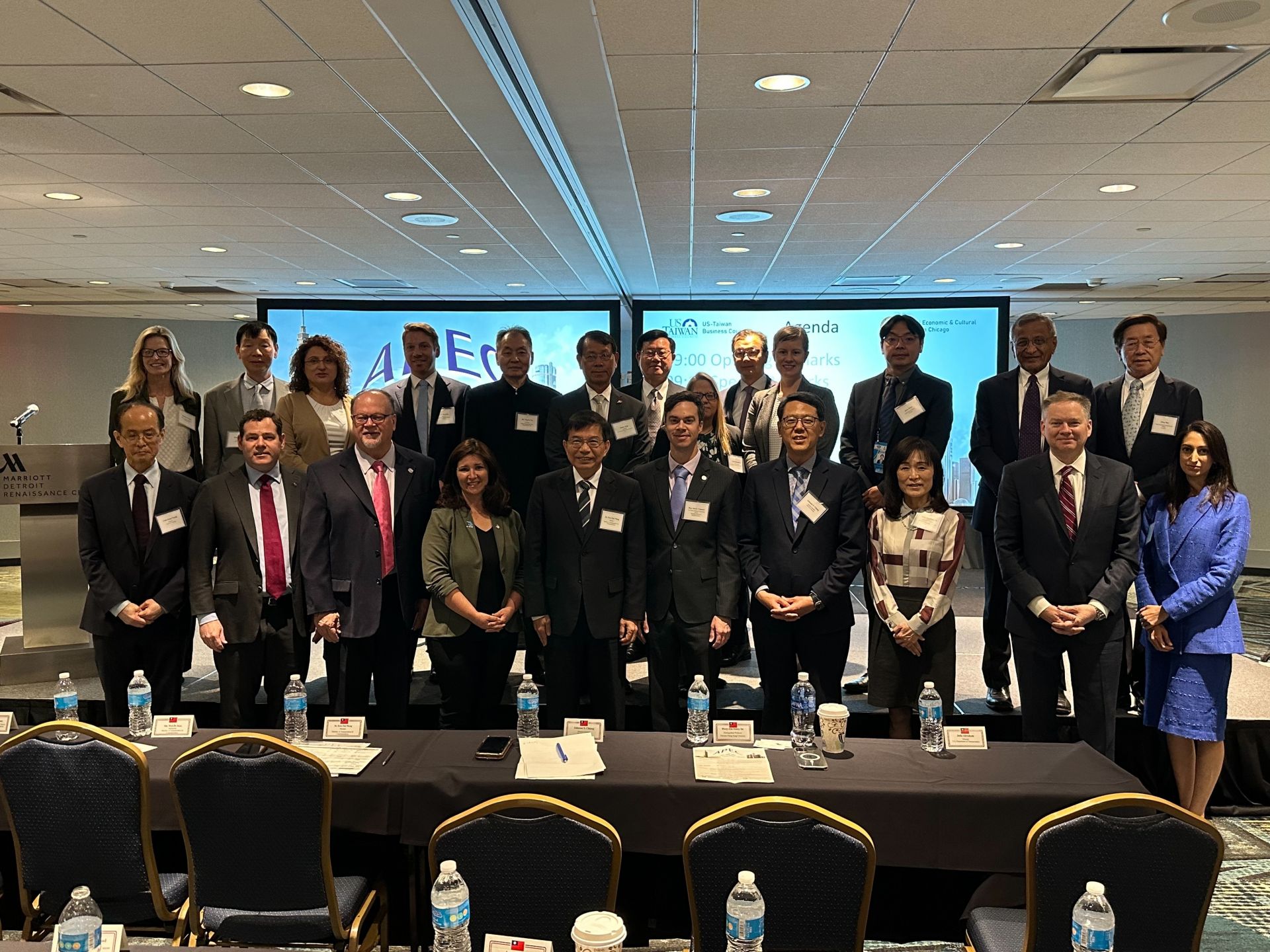
SDG7NCKU Partners with Michigan State University at APEC Transportation Ministerial Meeting Forum.
View more